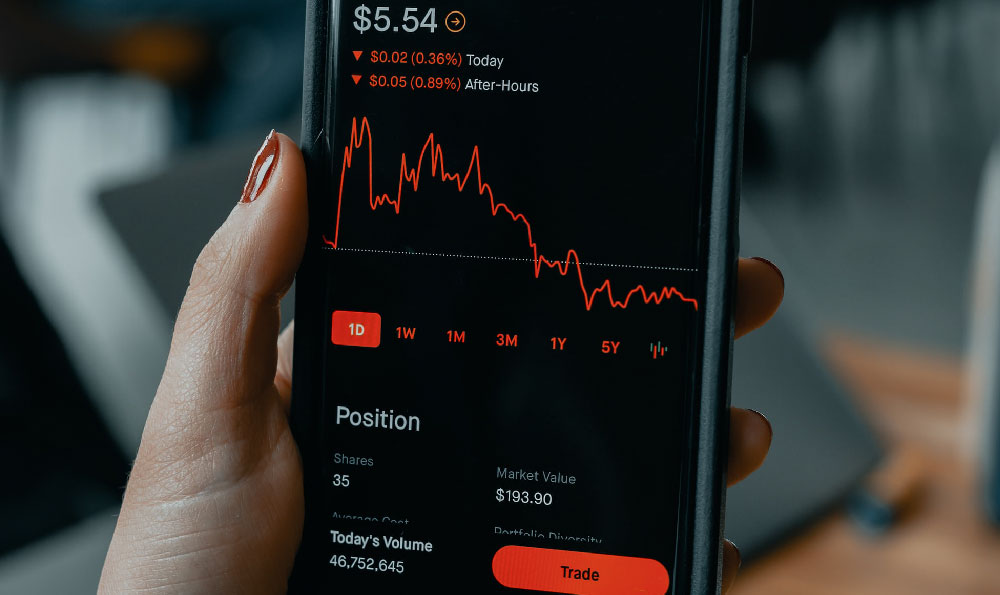How Much Can a Vending Machine Make? What's the Average Profit?
The allure of passive income streams often leads individuals to explore various business ventures, and vending machines frequently top the list. Their seemingly straightforward operation and potential for round-the-clock sales make them an attractive option. However, the question remains: how much can a vending machine actually make, and what kind of profit margins can one realistically expect? The answer, as with most investments, is nuanced and dependent on a multitude of factors.
One of the most significant drivers of a vending machine's profitability is its location. High-traffic areas are paramount. Consider locations like office buildings, schools, hospitals, factories, and transportation hubs. The more people who pass by the machine, the greater the potential for sales. However, competition also plays a role. Even a high-traffic location won't guarantee success if there are numerous other vending machines or readily available alternatives nearby. Thorough research into the existing market is crucial. Analyze competitor offerings, pricing strategies, and customer demographics to identify unmet needs and potential competitive advantages.
The products offered within the vending machine also heavily influence profitability. A machine stocked with popular snacks and beverages will likely outperform one filled with niche or unpopular items. Conduct market research to determine the preferences of the target demographic at each location. For instance, a vending machine in a gym might benefit from offering protein bars and sports drinks, while one in an office building might see more success with coffee, tea, and healthy snacks. Consider seasonal variations in demand as well. Offering cold beverages during the summer months and hot beverages during the winter can significantly boost sales. Beyond standard snacks and drinks, explore more specialized offerings, such as healthy options, gourmet snacks, or even small electronics accessories, depending on the location and demographics. These unique offerings can command higher prices and increase profit margins.

The pricing strategy is another critical component. While it's tempting to set prices high to maximize profits, it's essential to strike a balance between profitability and customer appeal. Conduct competitive pricing analyses to understand the prevailing market rates for similar products in the area. Consider factors like cost of goods sold, operating expenses, and desired profit margin when setting prices. Dynamic pricing strategies can also be effective. For example, offering discounts during off-peak hours or running promotions on specific items can help drive sales and clear out inventory.
The type of vending machine itself plays a role. Newer, more technologically advanced machines offer several advantages over older models. Features like cashless payment options (credit cards, mobile payments), remote monitoring systems, and energy-efficient operation can significantly impact profitability. Cashless payment options appeal to a wider range of customers, while remote monitoring systems allow for efficient inventory management and reduced downtime. Energy-efficient operation can lower electricity bills, thereby increasing profit margins. Furthermore, consider the size and capacity of the machine. A larger machine can hold more products, reducing the frequency of restocking, but it also comes with a higher upfront cost.
Operating costs are a significant consideration when evaluating the profitability of a vending machine business. These costs include the cost of goods sold, rent or commission paid to the location owner, electricity bills, maintenance and repairs, and transportation costs for restocking and servicing the machine. Negotiating favorable terms with location owners is crucial for maximizing profit margins. Regularly maintaining the vending machine is also essential to prevent breakdowns and ensure smooth operation. This includes cleaning the machine, replacing worn-out parts, and addressing any technical issues promptly. Efficient inventory management is also key to minimizing spoilage and ensuring that popular items are always in stock. Track sales data to identify trends and adjust inventory levels accordingly.
Finally, consider the scale of the operation. Owning and operating a single vending machine will likely yield a modest income. However, expanding to a fleet of machines can significantly increase earning potential. Managing multiple machines requires a more sophisticated approach, including efficient route planning, centralized inventory management, and potentially hiring staff to assist with restocking and servicing the machines.
So, what's the average profit? It's difficult to provide a single, definitive number due to the wide range of variables involved. However, industry estimates suggest that a well-managed vending machine in a good location can generate anywhere from $50 to $500 in profit per month. Some particularly successful machines can even exceed these figures. Ultimately, the profitability of a vending machine depends on a combination of strategic location selection, effective product selection, competitive pricing, efficient operations, and a commitment to providing excellent customer service. While the path to riches isn't guaranteed, a well-thought-out and executed vending machine business can certainly provide a reliable and potentially lucrative source of passive income. The key is diligent research, careful planning, and a willingness to adapt to changing market conditions.















